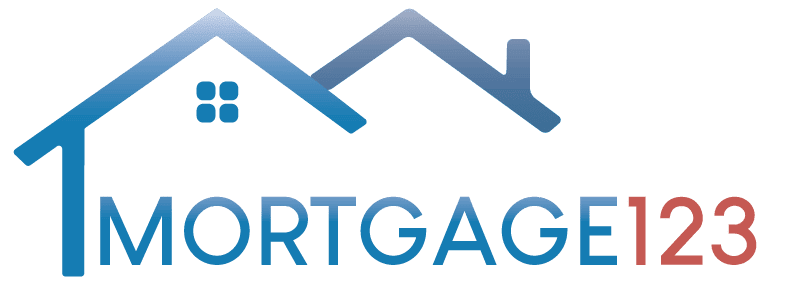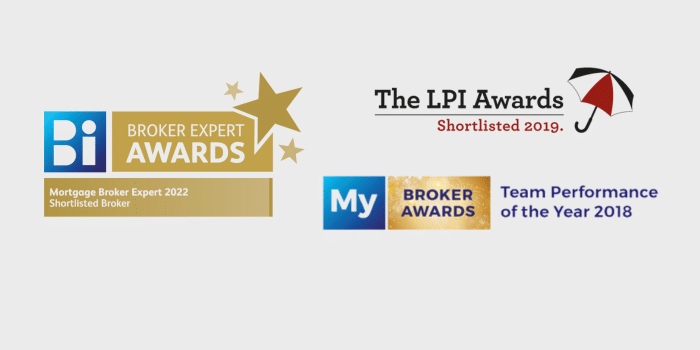Darragh O’Sullivan of Mortgage123.ie was interviewed by Fiona Reddan of The Irish Times on the 28th December 2018.
Fiona Wrote:
“The bad news, if you’ve come home for Christmas and been filled with ideas of buying your own home here, is that doing so won’t be easy if you live abroad.
However, the good news is that, while still difficult, buying a property as a non-resident or expat may be cheaper than you thought, and it is possible to get a mortgage, even if you’re working and living in a country outside the Euro zone. You will, however, need a substantial deposit and a buoyant salary.
Who Lends to Irish Expats?
Before you waste your time contacting your own bank about such a mortgage, it may be prudent to first consider who is actually active in this space.
Historically, only two banks – AIB and Bank of Ireland – really engaged in this section of the market, and when they did lend, they required a down payment of as much as 50 per cent of the purchase price, and would charge you investment rates on the mortgage, which meant you were borrowing at almost twice the cost of a regular borrower.
The situation has been complicated by EU Mortgage Credit Directive which imposed extra restrictions on banks when lending to someone who earns a non-Euro currency
Bank of Ireland has now departed this market though, having put non-resident lending under review earlier this year. According to a spokesman, non-resident mortgages were previously a very small proportion of the bank’s mortgage book, and it is now focusing on Irish resident applicants, so you won’t find any joy if you look to this bank for an expat product.
The situation has also been complicated by the introduction of the EU Mortgage Credit Directive in 2016. This imposed extra restrictions on banks when lending to someone who earns a non-Euro currency, and means that many banks, including Permanent TSB, will now not consider lending to someone living outside the Eurozone, while Ulster Bank says it takes a “case by case” approach.
So who’s left if you live in Australia or Canada or the UK? Well, KBC Bank says it offers “the same competitive mortgage proposition to resident and non-resident borrowers who qualify for a mortgage”, but brokers say they’ve had less success with this lender.
Where they have had success getting mortgages for people living abroad however, is through AIB, or more specifically, its broker arm, Haven.
How Can You Get such a Mortgage?
Darragh O’Sullivan is the expat mortgage manager with Mortgage123.ie in Limerick, and frequently travels to Dubai and the Middle East to meet with Irish expats.
He has noted an increasing demand among Irish expats, who often emigrated during the downturn, to buy a property at home as a way of avoiding sky-high rents when they do eventually return. It also means that they won’t have to wait until they have at least six months under their belt in a new full-time job before applying to a bank for a mortgage when they do come back.
He has had about 100 expat mortgages approved so far this year, and says his high success rate is largely down to the introduction in recent years of a specific product from Haven. The lender’s FX product has been under the radar but is worth checking out if you’re living abroad.
You’ll need to show you can afford the repayments on the mortgage you’re taking out, as well as your rent/mortgage payments where you’re living
According to a spokesman for Haven, its FX loan offers mortgages “to people returning to Ireland who wish to purchase a home here, initially for holiday purposes but with the intention of returning to Ireland and making it their full time home.”
You will need a 65 per cent deposit for this loan, and, as Haven do not offer residential investment mortgages, most advantageously perhaps, is that these mortgage are priced at the lender’s home-loan rates.
This means you can get a variable rate of 3.15 per cent, or as low as 2.75 per cent if you borrow 50 per cent or less of the value of the property. And this is significantly less than what’s available elsewhere.
So, for example, if you were to borrow €200,000 at 4.8 per cent over 20 years, your total cost of interest would be about €111,499; but with Haven’s 2.75 per cent it would be almost half of that, at just €60,239.
AIB looks for a 30 per cent deposit on a non-resident mortgage, which puts you onto an expensive investment mortgage – even if you don’t intend to rent out the property
However, the product may not be perfect for everyone, as it does come with a catch; you’ll need to show you can afford the repayments on the mortgage you’re taking out – as well as your current rent/mortgage payments in the country in which you’re living in order to qualify.
So, for example, if your mortgage repayment is €1,000 a month, and your rent is €1,000, you’ll need to show repayment capacity of €2,000 a month, which will also be stress tested.
As it’s not a buy-to-let product, the bank won’t take into consideration any rent that might be generated on the property into its mortgage calculations. And this can put it of reach for people who may be paying significant rents in London or New York.
It’s for this reason that O’Sullivan has seen the biggest chance of success among applicants in the Middle East, where many don’t have to pay their own rent, or receive an allowance for it, while they also get to earn tax-free incomes.
In addition, as the product is aimed at people living outside the Eurozone, Haven says that these loans must qualify under its FX criteria for qualifying currencies.
At AIB for example, this means that it will stress the exchange rate by 20 per cent “to ensure that the applicant can afford the mortgage if there are currency fluctuations”.
Permanent TSB looks for a 30 per cent downpayment and a minimum income of €75,000
And if the Haven product doesn’t work out, you could consider going directly to AIB. It looks for a 30 per cent deposit on a non-resident mortgage, but the downside is that it will put you onto an expensive investment mortgage – even if you don’t intend to rent out the property. The bank’s best buy-to-let rate is currently 4.85 per cent.
Another option, if you live in the Euro zone, is Permanent TSB. It also looks for a 30 per cent downpayment, and also looks for minimum income (either for an individual or couple) of €75,000. Again, you’ll be put onto a buy-to-let rate, of about 4.8 per cent. And as a spokseman for the bank says, “the price is set for the life of the loan, ie, if the customers eventually moves in to the property it will still be classed as a BTL property”.
But even when you meet the criteria for a mortgage from a financial standpoint, you can fall down elsewhere. O’Sullivan cites a recent couple where one was Irish, and her husband Australian, and they were living outside of Ireland. “But he can’t go on a mortgage unless he can prove he has a right to reside in Ireland,” says O’Sullivan. And in this catch-22 he won’t get his papers until he moves to Ireland, so the mortgage will have to wait too.”
Original Article Available Here:

